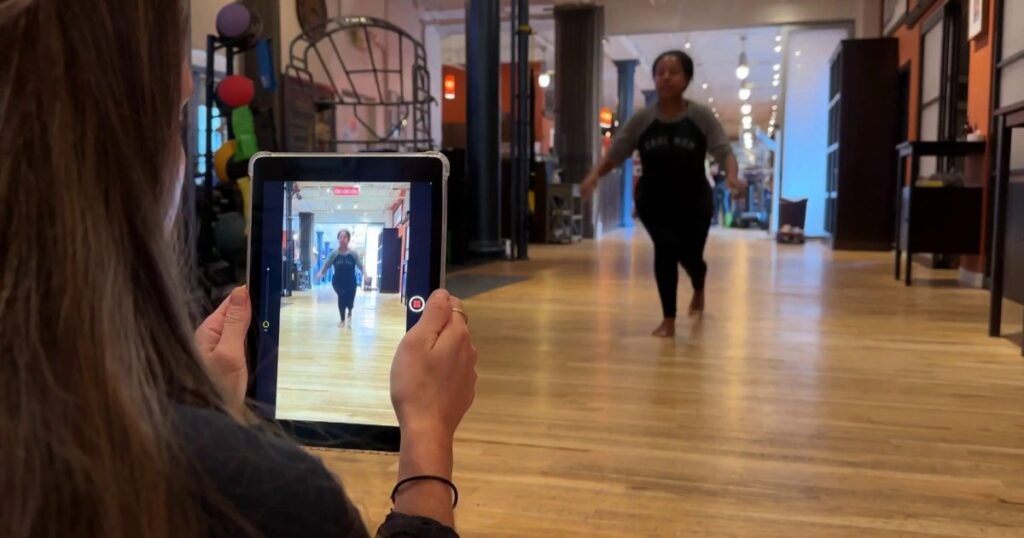In today’s digital world, it’s crucial to access websites and online content that provides the best experience. If you’re still using Internet Explorer 11, you may face compatibility issues with many modern sites. It is recommended to switch to a more recent browser for an optimal experience.
Training for the New York City Marathon: Insights from Sheinelle Jones
As part of her preparation for the New York City Marathon, TODAY’s Sheinelle Jones is incorporating advanced training techniques, particularly gait analysis, to enhance her performance. Gait analysis is a process of measuring an individual’s walking and running methods. It provides insights into efficiency and identifies potential improvements. Together with her coach, Jes Woods, Jones is focusing on exercises tailored to boost endurance and minimize injury risks. Staying tuned to expert advice is essential for effective marathon readiness.
The Importance of Gait Analysis in Running
Gait analysis is not just for elite athletes; it’s a beneficial practice for anyone looking to improve their running technique. Through detailed assessments, runners can learn about their pace, stride, and overall form. This information is invaluable when it comes to training and injury prevention. Techniques such as video analysis, pressure mapping, and observation can reveal inefficiencies in one’s running style. For more in-depth information about gait analysis and how it can benefit endurance sports, consider visiting Runner’s World.
Essential Exercises for Marathon Training
Preparing for a marathon requires a comprehensive exercise plan that encompasses strength, flexibility, and endurance training. Common exercises that support marathon training include long runs, interval training, and strength training routines targeting key muscle groups. Incorporating cross-training activities, such as cycling or swimming, can enhance cardiovascular fitness without additional strain on the body. Each individual will benefit from tailoring their exercise program to align with personal fitness levels and training goals.
Nutrition Plays a Vital Role in Marathon Preparation
Proper nutrition is fundamental for marathon runners. It directly impacts performance, recovery, and overall physical health. Athletes should focus on a balanced diet rich in carbohydrates, proteins, and healthy fats. Pre-race meals should be carefully planned to ensure optimal energy levels. For professional advice, consult resources like the Academy of Nutrition and Dietetics that provide guidelines for sports nutrition.
Getting Mental About Running: The Psychological Aspect
Mental preparation is equally vital for marathon runners. The mental challenges involved in long-distance running can impact performance significantly. Strategies such as visualization, setting small achievable goals, and developing mindfulness can help enhance mental resilience. Runners may also benefit from working with sports psychologists to improve their focus and motivation. Finding ways to enjoy the process can make a substantial difference on race day.
Community Support: The Backbone of Marathon Training
Engaging with a community or running group can provide much-needed encouragement and camaraderie. Sharing experiences, challenges, and successes fosters a supportive environment that can improve motivation levels. Many cities have running clubs that welcome runners of all skill levels, providing structured training and valuable insights from fellow enthusiasts.
Conclusion: Preparing for Success
As Sheinelle Jones prepares for the New York City Marathon, her journey illustrates the multifaceted approach necessary for successful marathon training. From understanding key training techniques like gait analysis to ensuring nutritional needs are met and mental strategies applied, aspiring marathoners can learn valuable lessons. For more tips and personalized plans, consider exploring training resources on platforms like Active.com. With commitment and strategic preparation, reaching the finish line can become a rewarding achievement.
